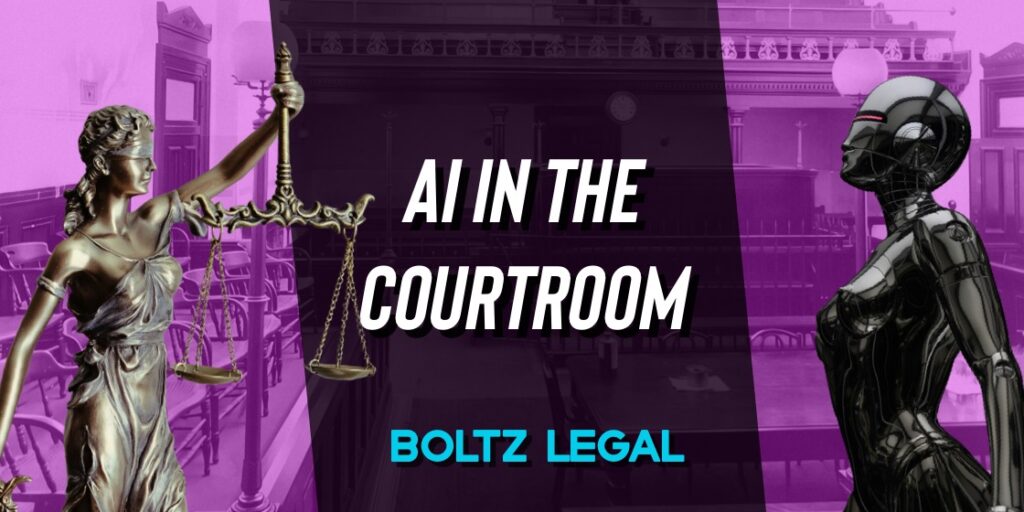Morgan & Morgan Lawyers Sanctioned for Fake AI Citations
The legal profession is increasingly integrating artificial intelligence into daily operations, but a recent case has exposed the risks of unverified AI-generated content in legal filings. A federal court in Wyoming has sanctioned three Morgan & Morgan attorneys after they submitted a motion containing fabricated case citations generated by AI.
This case underscores the ethical responsibilities lawyers have when using technology in legal practice and raises broader questions about AI’s role in the legal system.
What Happened?
The issue arose in Wadsworth v. Walmart Inc., a case before the US District Court for the District of Wyoming. Attorney Rudwin Ayala drafted a motion in limine and submitted it on behalf of Morgan & Morgan PA. The motion contained eight citations to non-existent cases, which the court later identified as AI-generated false information.
The motion was also signed by attorneys T. Michael Morgan and Taly Goody, though they were not involved in drafting or reviewing it prior to submission.
When the court flagged the fictitious citations, Morgan & Morgan admitted that the errors stemmed from AI, withdrew the motion, apologized, and implemented internal training protocols to ensure similar mistakes do not occur in the future.
Despite these corrective steps, Judge Kelly H. Rankin ruled that the attorneys violated Federal Rule of Civil Procedure 11, which requires lawyers to ensure that all legal arguments presented are based on existing law or a nonfrivolous argument for changing the law. The judge emphasized that blindly trusting AI-generated citations does not meet the legal standard for due diligence.
The Consequences
As a result of the court’s findings, the following sanctions were imposed:
- Rudwin Ayala: Had his pro hac vice status in the case revoked and was fined $3,000.
- T. Michael Morgan & Taly Goody: Each fined $1,000 for signing the motion without verifying its accuracy.
- Morgan & Morgan (the firm itself): Avoided direct sanctions after demonstrating that it implemented new policies and training measures to prevent similar incidents in the future.
The ruling reinforced that attorneys cannot delegate their professional responsibility to AI and that all case citations must be personally verified.
Ethical and Legal Implications of AI in Law
This case serves as a cautionary tale about the growing reliance on AI in the legal profession. While AI tools can assist with legal research, document drafting, and case analysis, they also introduce risks when used improperly.
Key Takeaways for Legal Professionals
- Due Diligence is Non-Negotiable
- Attorneys must personally verify all legal citations before submitting them to the court.
- Signing a legal document certifies that a lawyer has conducted a reasonable inquiry into existing law.
- AI is a Tool, Not a Replacement
- AI-generated legal research should be reviewed manually to ensure accuracy.
- The legal profession cannot blindly trust AI-generated case law without human oversight.
- Potential for More AI-Related Sanctions
- Courts may become less lenient as AI usage increases.
- Attorneys must be trained in AI ethics and verification methods to avoid similar mistakes.
How This Affects the Future of AI in Law
The legal industry has rapidly adopted AI-powered tools such as ChatGPT, Casetext, and Westlaw Edge, but Morgan & Morgan’s sanctions highlight the urgent need for strict AI usage guidelines.
What Comes Next?
- Law firms may establish stricter policies for AI-generated content verification.
- Courts may introduce new rules on AI use in legal filings.
- Bar associations could implement mandatory AI training for attorneys to prevent future ethical violations.
This case demonstrates that while AI has the potential to revolutionize legal practice, it cannot replace human judgment and professional responsibility.
Final Thoughts
The Morgan & Morgan sanctions reinforce a critical legal principle: AI does not absolve lawyers of their ethical duties. As AI continues to reshape the legal landscape, attorneys must ensure that technology serves as an aid, not an excuse for negligence.
Failure to do so can lead to reputational damage, financial penalties, and professional discipline, as this case has demonstrated.
Today’s Insight:
“Technology is a useful servant but a dangerous master.”

